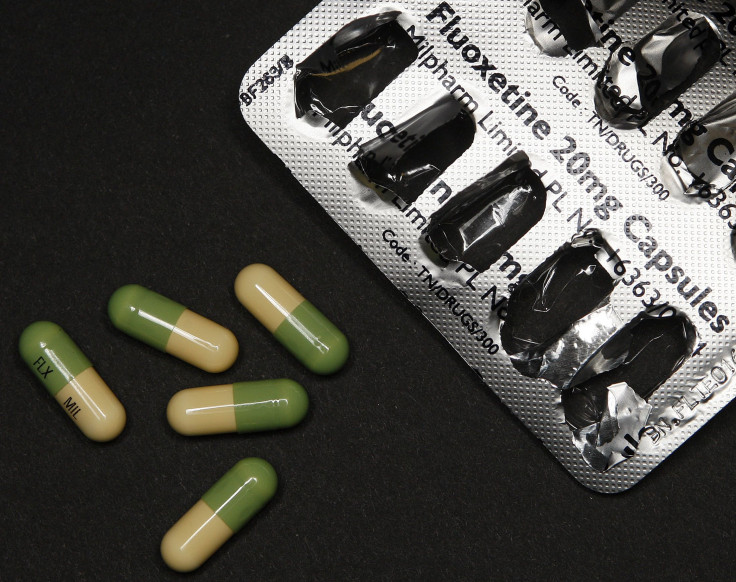Antidepressants Affect Morality And Decision-Making, New Study Finds

Healthy people who are given commonly prescribed mood-altering drugs see significant changes in the degree to which they are willing to tolerate harm against themselves and others, according to a study published Thursday. The research has implications for understanding human morality and decision-making.
A team of scientists from the University College London (UCL) and Oxford University found that healthy people who were given the serotonin-boosting antidepressant citalopram were willing to pay twice as much to prevent harm to themselves or others, compared to those given a placebo. By contrast, those who were given a dose of the dopamine-enhancing Parkinson’s drug levodopa made more selfish decisions, overcoming an existing tendency to prefer harming themselves over others.
The researchers said their findings, published in the journal Current Biology, provided clues to the neurological and chemical roots of common clinical disorders like psychopathy, which causes people to disregard the emotions of others.
The researchers compared how much pain subjects were willing to anonymously inflict on themselves or other people in exchange for money. Out of 175 subjects, 89 were given citalopram or a placebo and 86 were given levodopa or a placebo.
They were anonymously paired up into decision-makers and receivers, and all subjects were given shocks at their pain threshold. The decision-makers were then allowed to choose a different amount of money in exchange for a different amount of shocks, either to themselves or the receivers.
On average, people who were given a placebo were willing to pay about 35p per shock to prevent harm to themselves and 44p per shock to prevent harm to others. Those who were given citalopram became more averse to harm, paying an average of 60p to avoid harm to themselves and 73p per shock to avoid harm to others. This meant that citalopram users, on average, delivered 30 fewer shocks to themselves and 35 fewer shocks to others.
However, those who were given levodopa became more selfish, showing no difference in the amount they were willing to pay to prevent shocks to themselves or others. On average, they were willing to pay about 35p per shock to prevent harm to themselves or others, meaning that they delivered on average about 10 more shocks to others during the trial than those who took a placebo. They also showed less hesitation about shocking others than those given the placebo.
Similar research conducted by the same team in November found that subjects were willing to spare the stranger pain twice as often as they spared themselves, indicating that they preferred harming themselves over others for profit, a behavior known as “hyper-altruism.”
"Our findings have implications for potential lines of treatment for antisocial behavior, as they help us to understand how serotonin and dopamine affect people's willingness to harm others for personal gain," Molly Crockett of UCL, the study’s lead author, said in a press release. "We have shown that commonly-prescribed psychiatric drugs influence moral decisions in healthy people, raising important ethical questions about the use of such drugs.
"It is important to stress, however, that these drugs may have different effects in psychiatric patients compared to healthy people. More research is needed to determine whether these drugs affect moral decisions in people who take them for medical reasons."
© Copyright IBTimes 2025. All rights reserved.





















